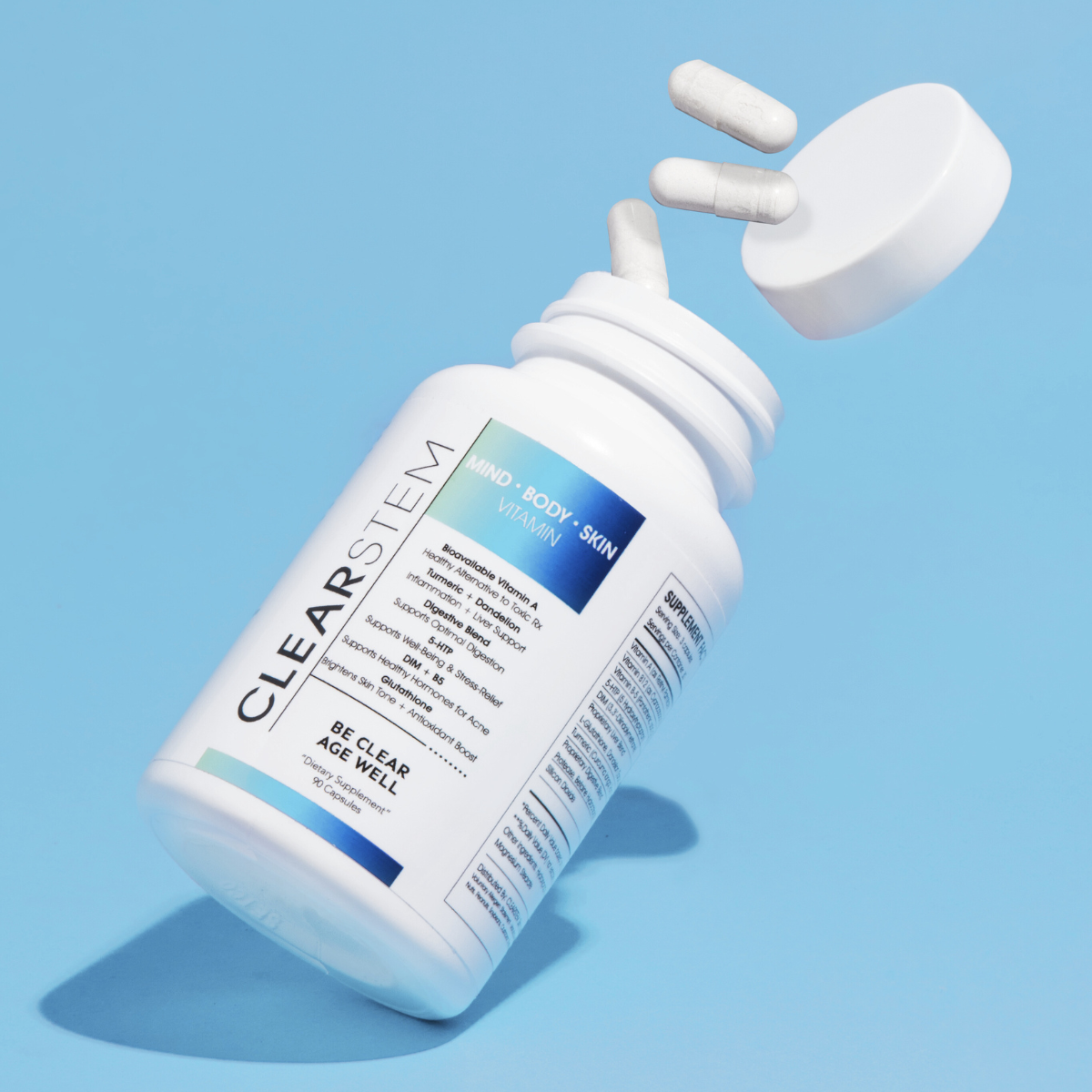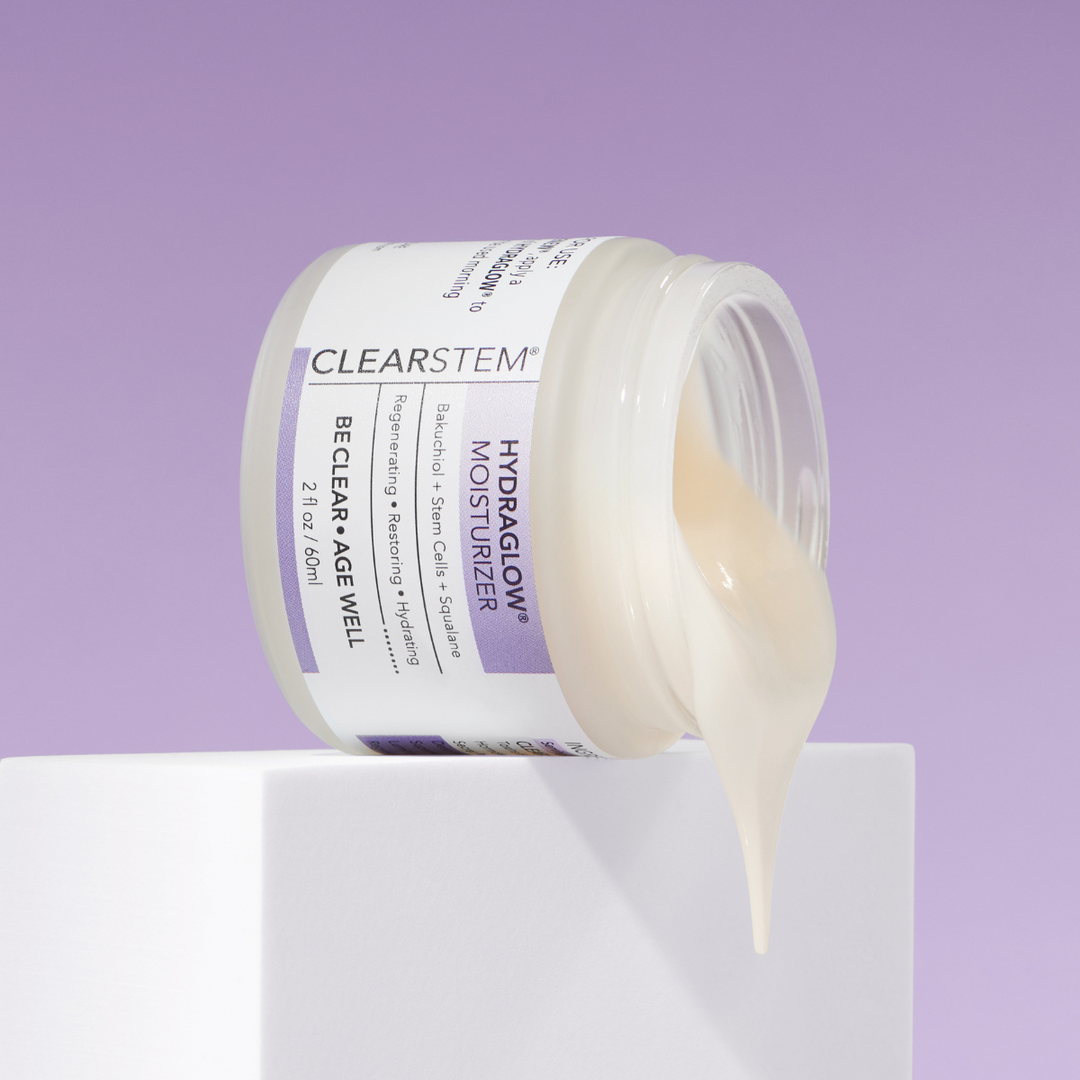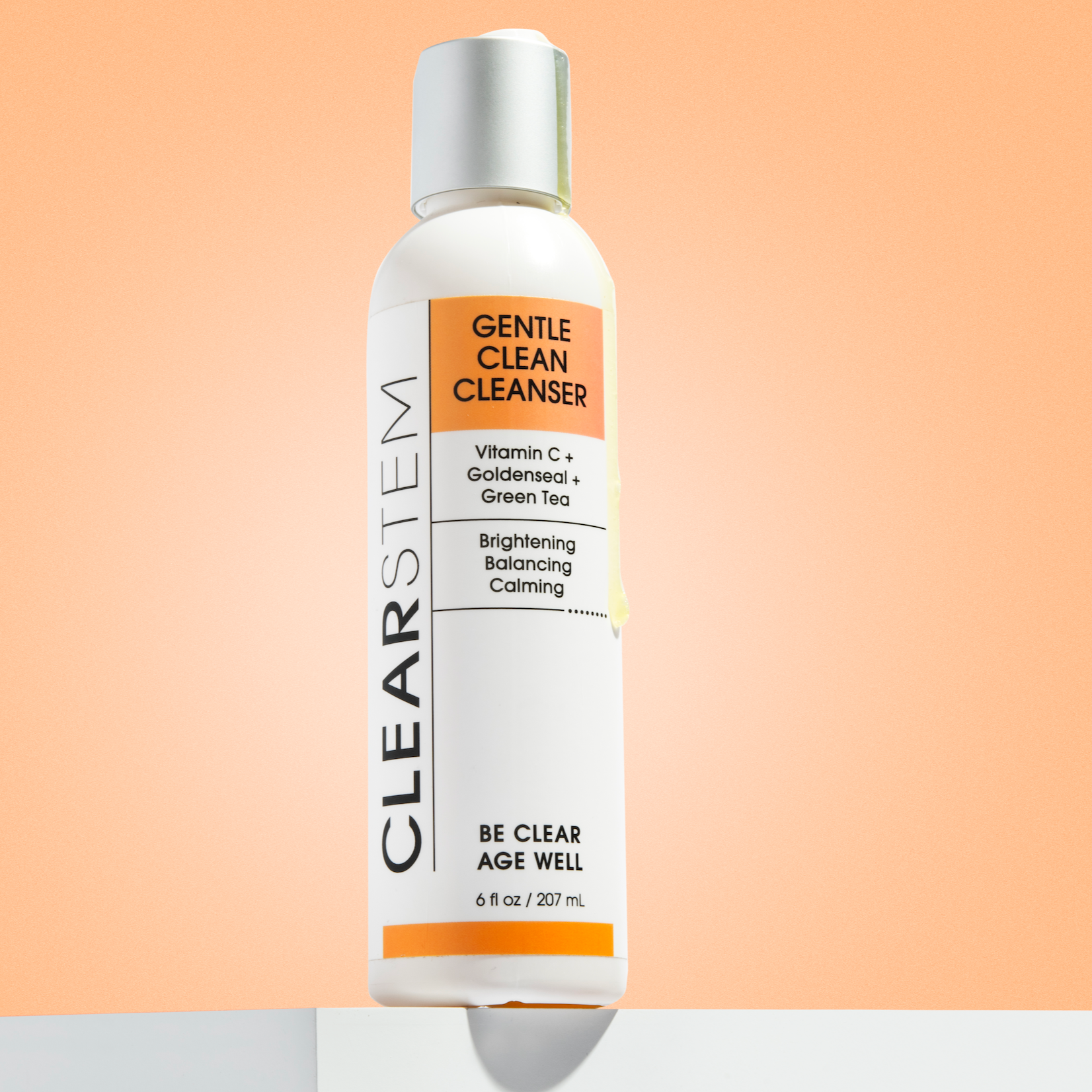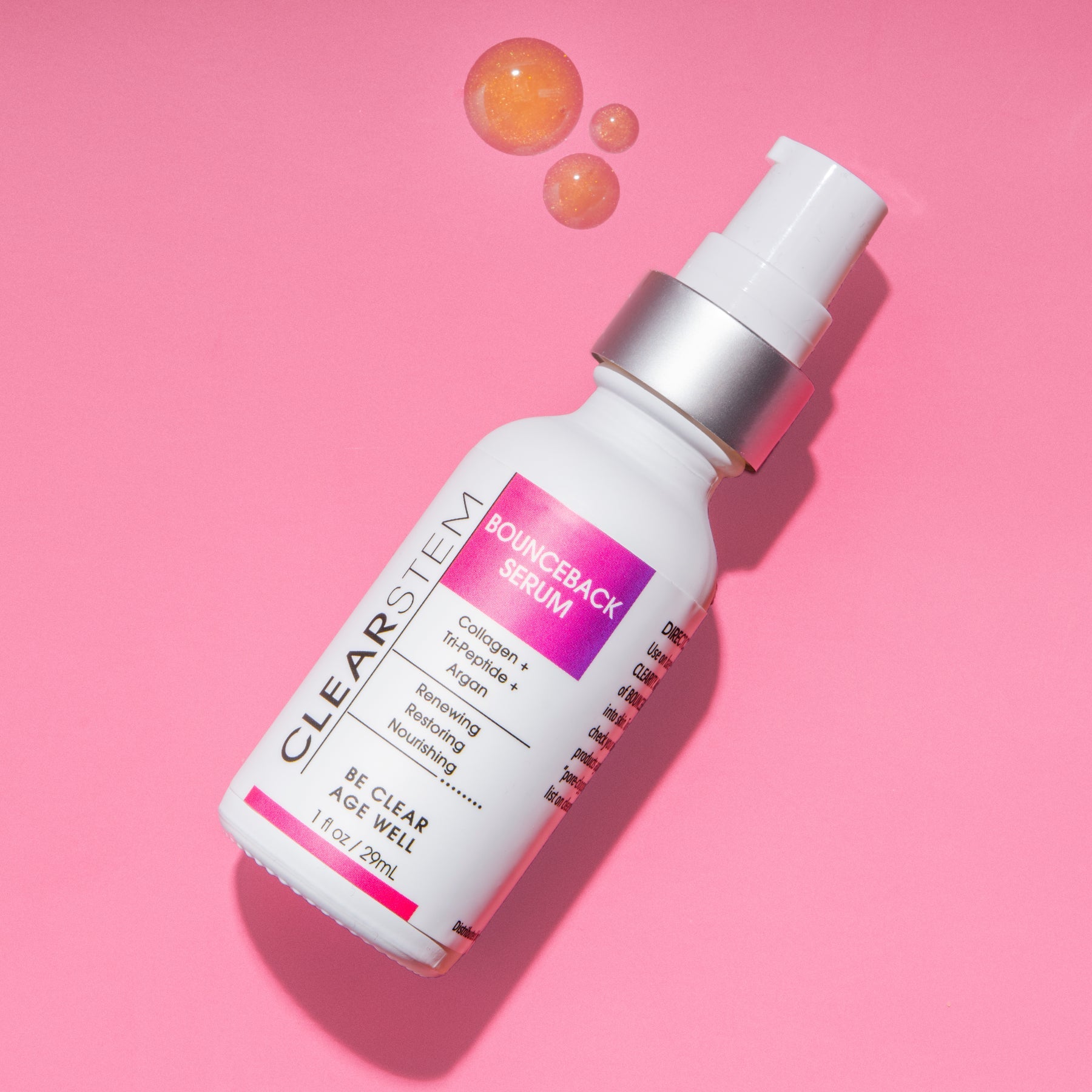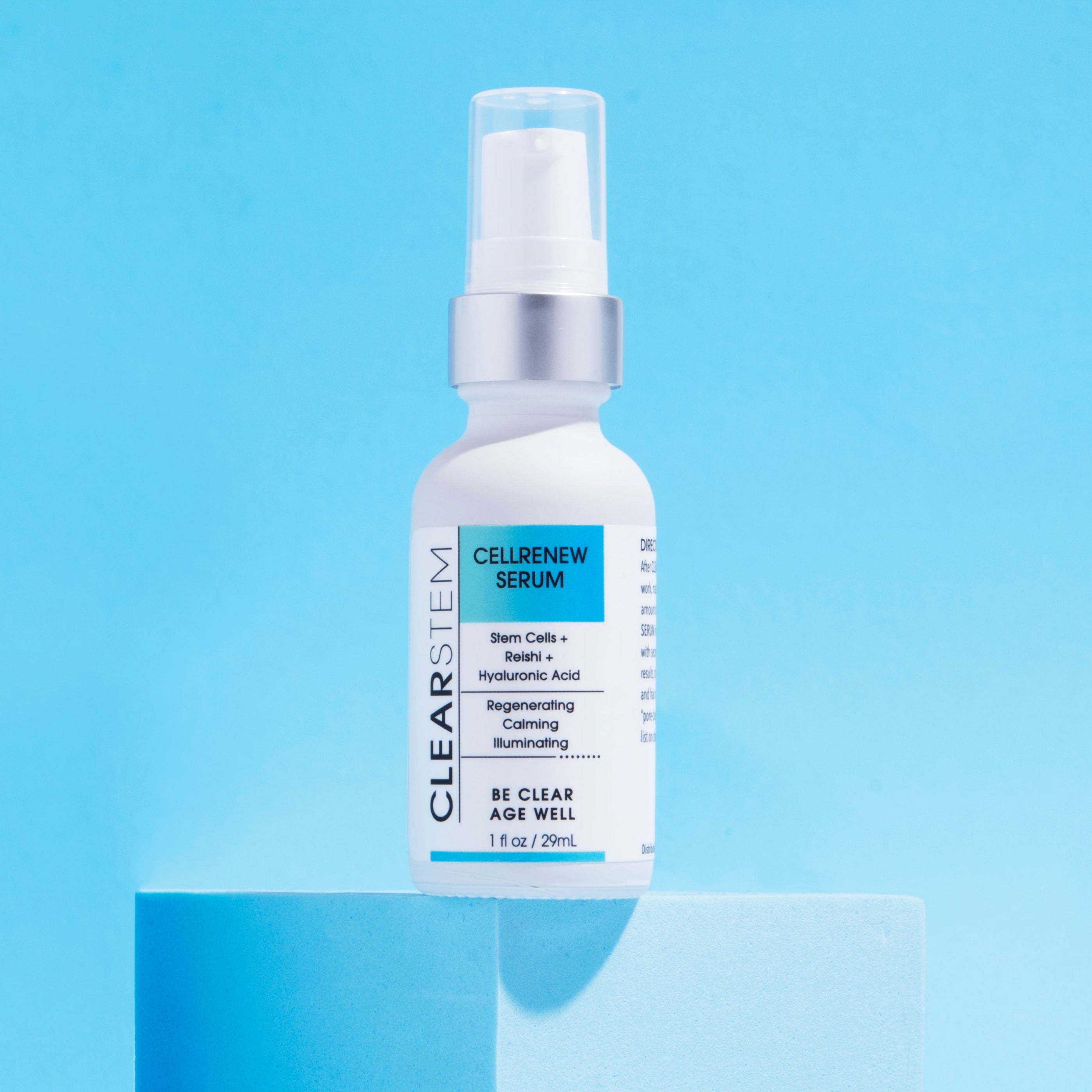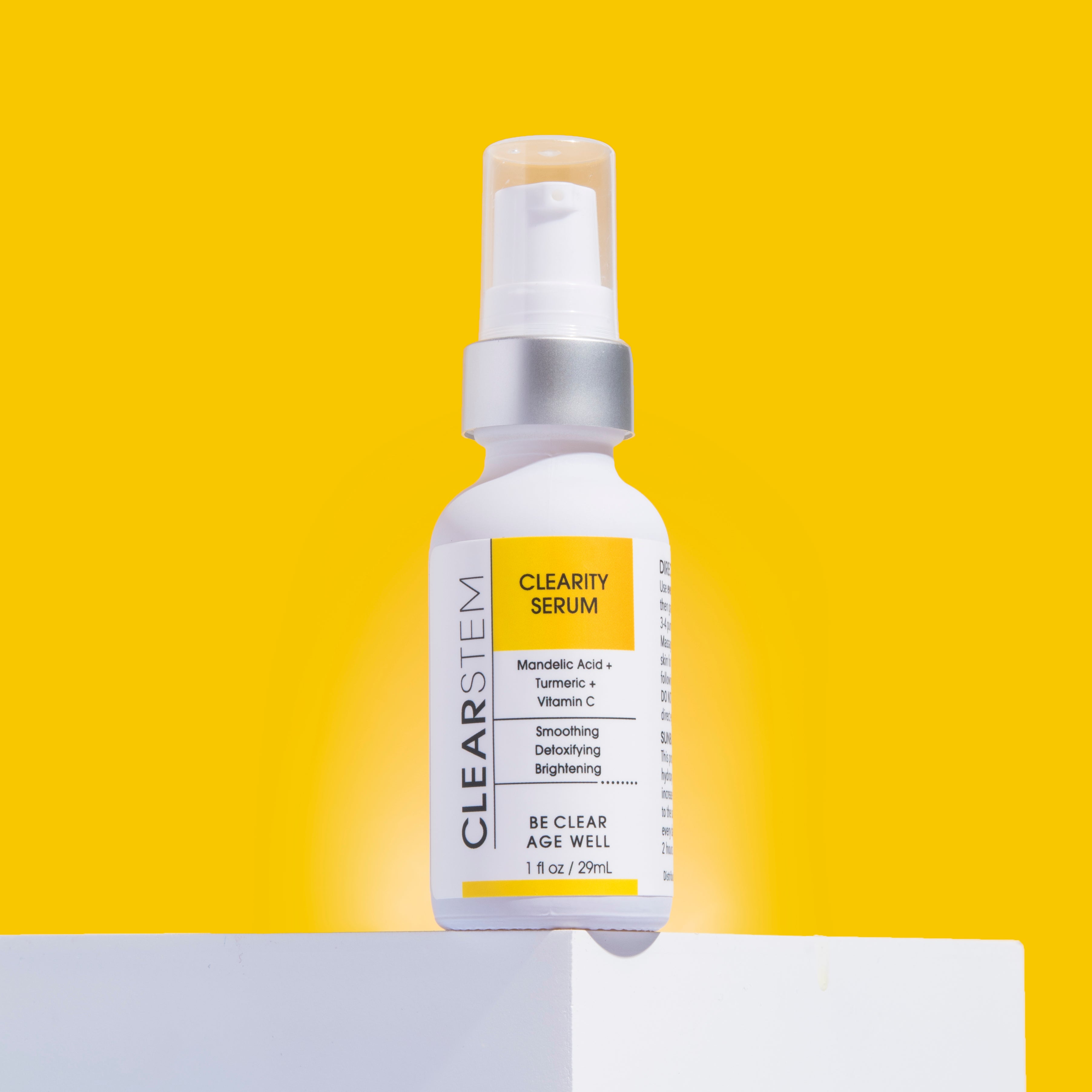When you lay eyes on a newly formed pimple in the mirror, your first thought is probably, how can I get rid of this? But have you ever stopped to wonder what caused the breakout in the first place? Maybe you forgot to wash your face before bed. Or, if you want to dig deeper, functional lab testing can help you determine the underlying cause of your acne.
In reality, there are many different types of acne. Two of the most common yet commonly confused categories are hormonal acne and bacterial acne. While both can trigger unwanted blemishes, their difference is in the specific ways they clog your pores.
The good news is that once you understand the difference between hormonal vs. bacterial acne, you can finally stop trying skincare “miracle” remedies that don’t work and actually tackle the root of the problem. Read on to learn what type of acne you’re experiencing so that you can employ effective acne treatment methods and start seeing real results.
Understanding Hormonal Acne
You may have thought that the days of hormones messing with your skin ended with high school. Unfortunately, this isn’t always the case. In fact, you can get acne in your 30s, 40s, and beyond. Hormone-related acne also affects many adults who are undergoing periods of hormonal fluctuations, especially women who are:
- Menstruating
- Pregnant
- Starting or stopping birth control
Women affected by polycystic ovary syndrome (PCOS) also frequently suffer from hormonal acne due to the changes in their hormone levels spurred by this condition.
These are just a few of the most common instigators of hormonal changes that you’re likely already familiar with. But the truth is that countless factors can cause a hormonal imbalance, such as:1
- The food you consume
- Your environment
- Your stress levels
This means that anyone is capable of experiencing hormonal acne, no matter their gender. Although hormonal changes are more common among females, men certainly aren’t off the hook when dealing with this issue. You can take a skincare quiz to understand what may contribute to your acne breakouts and what ingredients will help combat them.
Hormonal acne strikes when a hormonal imbalance occurs and causes your pores to produce excess amounts of sebum.
Sebum is a helpful oil that keeps your skin moisturized. But when your sebaceous glands cause too much of it to accumulate, you end up with the perfect recipe for oily skin and a pimple party. Clogged pores can’t properly access oxygen, so they grow inflamed, red, and puffy.2
This is how elements within your own body can cause acne breakouts to pop up. But what about when the source of your skin condition comes from an external instigator instead? Let’s look at what happens when the bacteria on your skin overgrows and finds its way into your hair follicle.
Recognizing Bacterial Acne
With bacterial acne, the culprit clogging your pores is bacteria instead of sebum.
The bacteria most strongly associated with acne is called Cutibacterium acnes. Normally, this bacteria lives happily on your skin without causing any problems—it actually plays a vital role in keeping your epidermis healthy.3
But when this friendly bacteria meets up with an overproduction of sebum, the two can prove to be quite the disastrous duo and lead to an acne breakout.
In fact, acne is often a consequence when anything (including excess sebum) disrupts the delicate balance of your skin’s microbiome. Unfortunately, as the accumulating bacteria continue to grow in your clogged pores, your skin can become infected and inflamed.
Generally speaking, this results in unsightly blemishes or lesions that feel swollen and tender.
How to Tell if Acne is Hormonal or Bacterial
When it comes to identifying bacterial acne vs. hormonal acne, there are some telltale signs that can help you determine what type of acne is ailing you.
Take a look at your blemishes and carefully consider the following factors:
- Where they’re located – Hormonal acne tends to appear on the cheeks, chin, and jawline, while bacterial acne tends to congregate around the forehead, nose, and chin. Bacterial acne is also more commonly found on the rest of the body.4
- How big they are – While hormonal acne is characterized by larger and deeper blemishes that can extend deep underneath the skin, bacterial acne is typically much smaller.
- What they look like – If you’re seeing cystic pimples, then you’re likely experiencing hormonal acne. Bacterial acne generally presents in the form of whiteheads, blackheads, and small pustules.4
- What they feel like – Since hormonal acne can often be cystic, these blemishes are frequently very painful. On the other hand, bacterial acne is known to cause itching sensations.
Even without an official diagnosis, paying attention to these elements can revolutionize your understanding of why your skin may suffer. Read on to learn more tips and tricks for nailing down what category of acne you’re experiencing.
Diagnosing Acne Types: Signs and Symptoms
One of the best ways to identify what type of acne you’re exhibiting is to examine your pimple patterns closely. Do your breakouts tend to flare up during times of hormonal fluctuations? For women, this might be before their period arrives or while ovulation is occurring.
If the answer is yes, there’s a good chance that changes in your hormones are largely to blame for your blemishes. Additionally, if mood swings and oily skin accompany your acne, this is another indication that hormone changes are causing your skin condition.
However, if your breakouts are persistent and constant no matter what time of the month it is, you may be experiencing bacterial acne instead.
No matter what type (or types) of acne affects you, the negative impacts of dealing with pimples don’t stop at merely an aesthetic level. What’s more, acne that’s not properly treated can turn into permanent acne scars.
By taking the time to understand and recognize your acne symptoms, you can expedite clearing and healing your skin to achieve the radiant complexion and confidence you deserve.
Treating Hormonal Acne
If you determine that hormonal acne is the underlying cause of your breakouts, there are effective acne treatments that dermatologists typically recommend to help improve your condition.
Two common treatments include:1
- Spironolactone – This oral medication contains properties that can help lower sebum production. However, it’s not recommended for men or pregnant women due to various side effects.
- Oral contraceptives – The estrogen and progestin in some of these pills can help combat blackheads, whiteheads, and pimples. However, caution is advised with this method because some contraceptives can actually stimulate acne development.
Another natural option is to utilize oral or topical acne treatments that are specifically formulated to target acne. This can include:
- Hormonal acne supplements – These capsules can be a wonderful way to clear hormonal acne at its source—your liver. Since this organ is responsible for helping to regulate the balance of sex hormones, taking supplements that provide support to the liver can result in a decrease in hormonal acne.
- High-quality skincare products – It’s important to keep the skin thoroughly cleansed and hydrated using robust yet gentle skincare solutions to counteract the extra oil produced during hormonal fluctuations. Our facial cleansers and non-comedogenic moisturizers are formulated to treat your skin concerns without causing new breakouts or dry skin.
Managing Bacterial Acne
You may be surprised to learn that antibiotics are also helpful in combating acne. In fact, antibiotics are such a popular and trusted skincare solution that dermatologists actually write more antibiotic prescriptions than any other medicine specialty.
One benefit of using antibiotics to treat bacterial acne is that they can be administered both orally and topically. This means you have more options when it comes to choosing your preferred method of treatment.
However, if you’re looking for a more convenient (yet still effective) skincare solution that doesn’t require a prescription, you’re in luck. Investing in non-comedogenic products and natural supplements for hormonal acne that contain anti-acne ingredients can improve your complexion in no time.
In the long run, it can be safer and more sustainable to use topical skincare products to treat bacterial acne rather than resort to antibiotics. Using broad-spectrum antibiotics to treat acne for a prolonged period can:5
- Increase your resistance to antibiotics
- Harm your skin
Adopting an intentional skincare routine centered around preventing and addressing acne should always be your first step before trying more extreme treatments.
When investing in products that will help reduce your bacterial acne, look for:
- Oil-free and non-comedogenic options
- Hydrating moisturizers that will restore your skin barrier
- Mandelic acid to extract acne-causing bacteria from your pores
Eliminate Your Acne with CLEARSTEM Skincare Solutions
Now that you understand the differences between bacterial vs. hormonal acne, you’re better equipped to deal with the two most prevalent types of pimples. With the right skincare solutions, you can help unclog your pores of oil, dead skin, and bacteria to banish breakouts and achieve skin that glows.
The expert team behind CLEARSTEM anti-acne skincare products and supplements has employed extensive clinical research and years of professional experience to develop innovative, toxin-free treatments that fight acne and signs of aging simultaneously. Check out our shop to find science-backed skincare solutions that you and your skin will love.
Sources:
- Forbes. What Is Hormonal Acne? Causes And Treatments. https://www.forbes.com/health/conditions/acne/hormonal-acne/
- Dermatology Associates of Atlanta. What is the Difference Between Hormonal and Bacterial Acne? https://dermatlanta.com/blog/what-is-the-difference-between-hormonal-and-bacterial-acne/
- Healthmatch. What Bacteria Causes Acne- And Is It Contagious? https://healthmatch.io/acne/what-bacteria-causes-acne
- Medical Health Authority. Hormonal Acne Vs Bacterial: Understanding the Differences and Effective Treatment Options. https://medicalhealthauthority.com/info/hormonal-acne-vs-bacterial-understanding-differences-treatment-options.html
- Yale School of Medicine. Antibiotics for Acne: Groundbreaking Study Shows Why One Works Best. https://medicine.yale.edu/news-article/antibiotics-for-acne-groundbreaking-study-shows-why-one-works-best/

